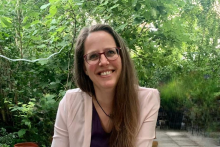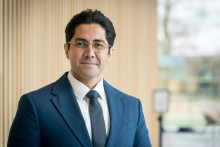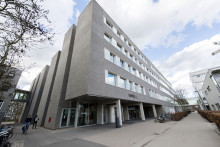A well-known example of welfare washing is a cheese package featuring an image of a cow and her calf peacefully grazing in a meadow. In reality, the calf is separated from the mother shortly after birth, and neither of them ever sees daylight or grass. Such imagery creates a misleading impression of animal welfare and influences consumer purchasing decisions.
Health, animal welfare, and environmental sustainability
Stel and her team draw on theoretical insights from psychology, communication science, sociology, and business administration. The project also has a strong societal component. The researchers collaborate with organisations such as the Netherlands Food and Consumer Product Safety Authority (NVWA), the Dutch Authority for Consumers and Markets (ACM), and the organisation Stop Humane Washing. Stel and her colleagues aim to ensure that their insights and practical tools can be directly applied by consumer organisations, policymakers, and other stakeholders committed to promoting health, animal welfare, and environmental sustainability.






